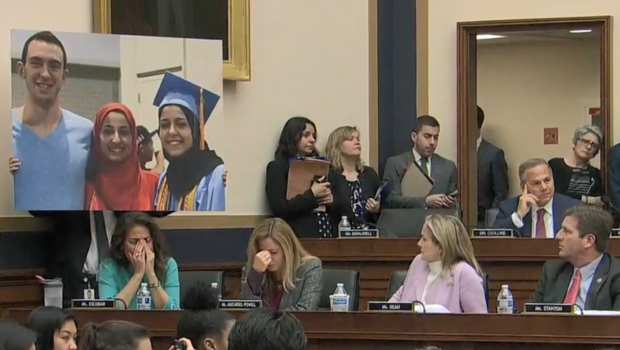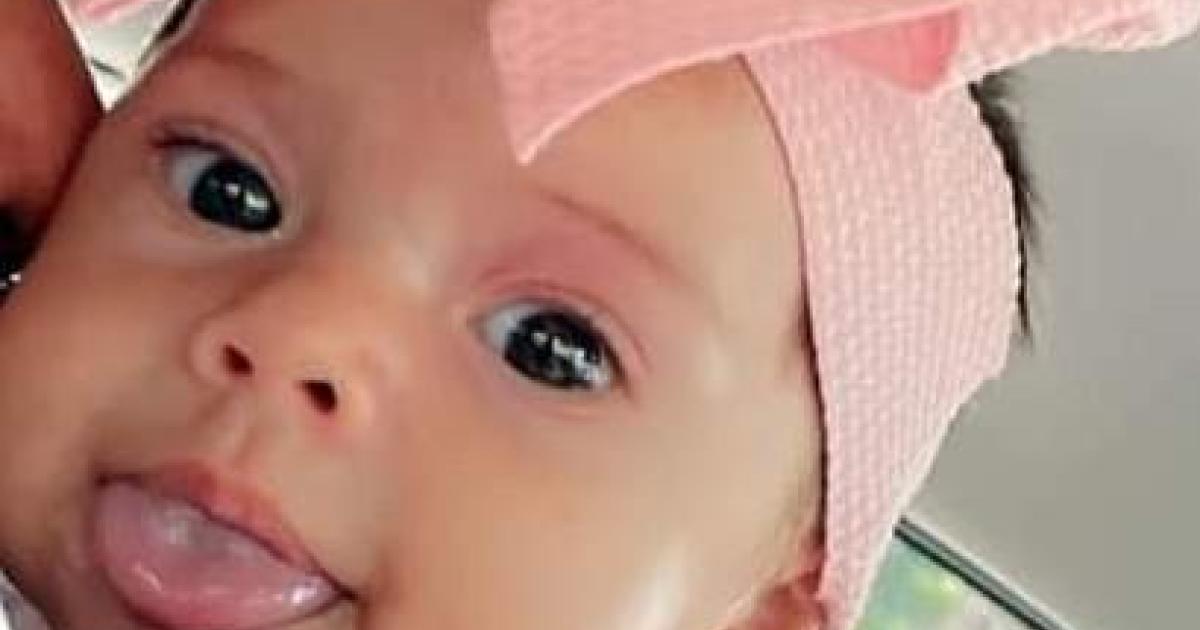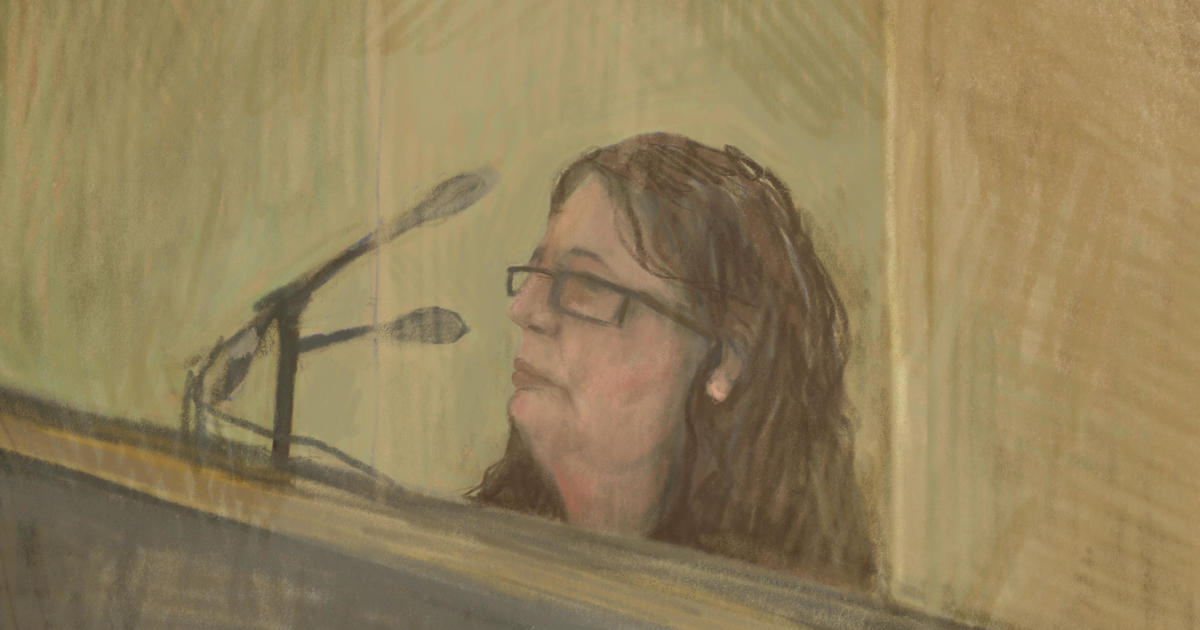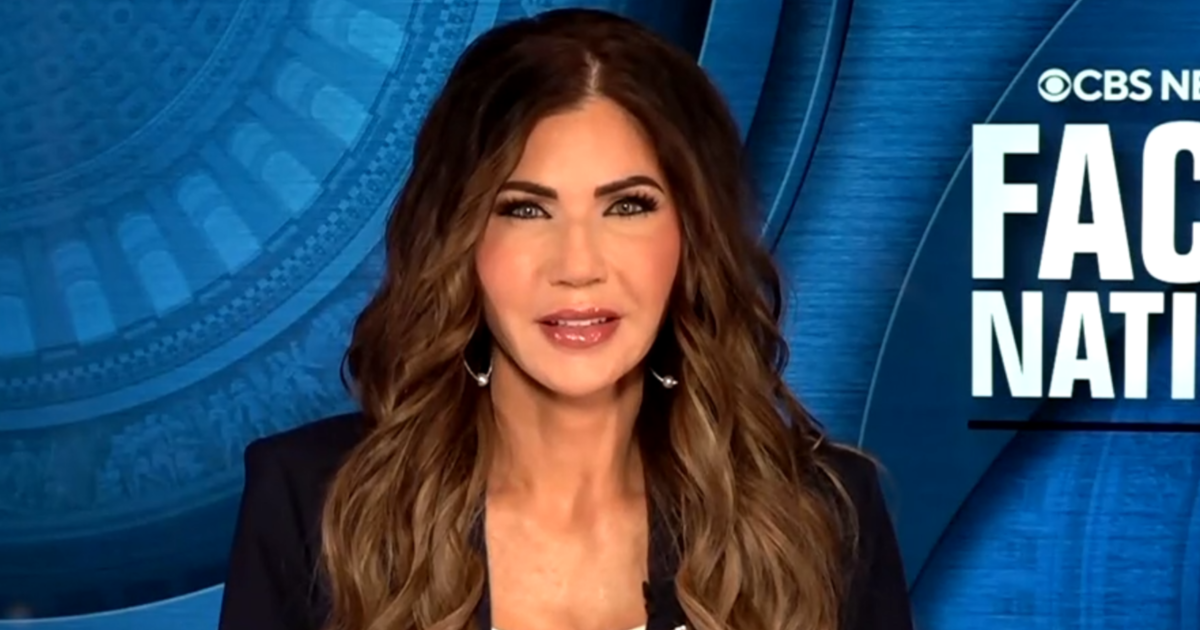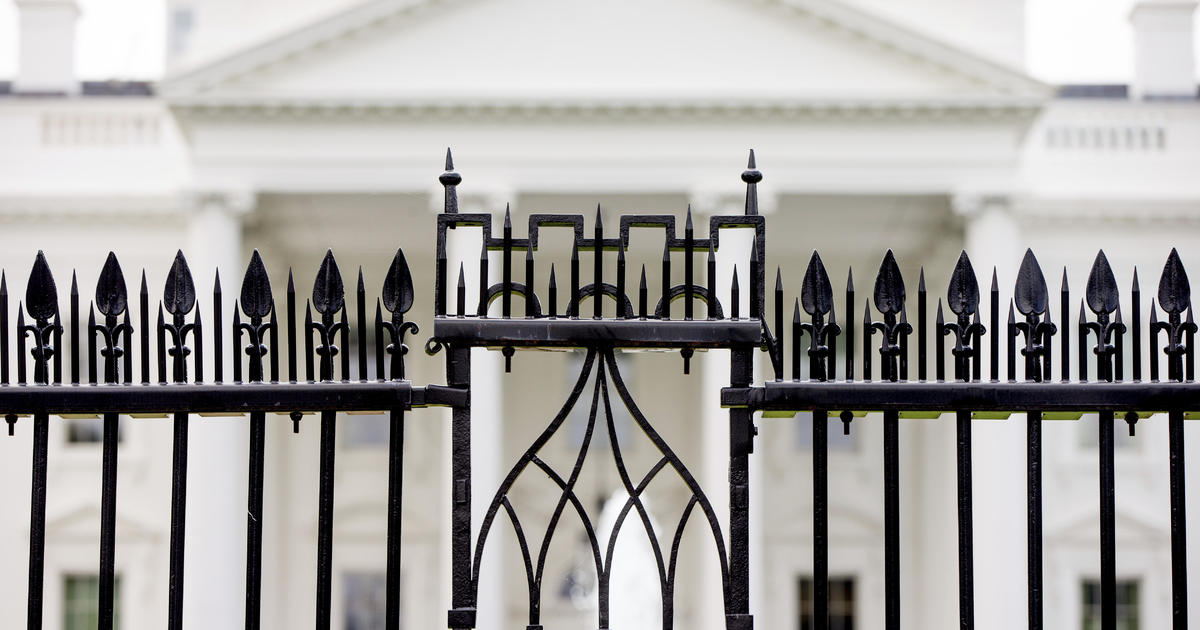"Seared into my memory": Father of murdered Muslim women brings to tears members of Congress investigating hate
As Dr. Mohammad Abu-Salha calmly, clinically, described reviewing the autopsy reports for his murdered daughters and son-in-law, members of the House Judiciary Committee clasped their hands over the mouths, stifling tears.
"I must be one of a few physicians, if not the only one, who read his own children's murder autopsy reports and details. They are seared into my memory," Abu-Salha testified Tuesday at the committee's hearing on hate crimes and the rise of white nationalism.
The Feb. 10, 2015 murders of 21-year-old Yusor Mohammad Abu-Salha, her 23-year-old husband Deah Shaddy Barakat, and 19-year-old sister Razan Mohammad Abu-Salha, shocked the Chapel Hill, North Carolina community where they shot in their home. The U.S. Department of Justice investigated the deaths as a hate crime, but the suspect Craig Hicks was ultimately charged with three counts of first-degree murder. He has not yet stood trial.
As Mohammad Abu-Salha described reading their autopsies, members of Congress could be seen staring at a poster-sized photo of the three victims smiling together at a graduation.
"Bullets macerated Yusor's and Razan's brains. Deah took many bullets to his arms and chest before he fell down to the ground. After that, the murderer saw that he was still breathing and shot him again in the mouth," said Abu-Salha, a Clayton, North Carolina-based psychiatrist. In a written statement presented to the committee, he said the gun nozzle left marks on the women's hijabs and skin.
"The last time we saw them in their coffins, Yusor's forehead was bulging and her hazel eyes had turned grey and lifeless. What was once Razan's warm and smiling face filled with life was now a lifeless stone cold and deadly pale," Abu-Salha said.
He wrote that his son-in-law, "while taking his last breath, he raised his index finger which is what we consider a sign of prayer."
He recalled an officer trying to comfort him at the scene of the murder.
"(The) officer whispered: 'They didn't suffer, it was swift, one shot to the back of the head.' His statement did not make it more bearable; nothing did," Abu-Salha testified.
Abu-Salha described the six weeks between the marriage of his daughter and son-in-law as "the happiest days of our lives... followed by one of the most painful days, filled with the greatest heartache we have ever experienced."
He described his daughters as committed to volunteering — at a dental clinic for Syrian refugees, and for a program that fed the homeless, among others.
"My wife and I raised them to be Muslim-Americans, proud of their country and their community. As Muslim as apple pie... I'm sorry, as American as apple pie. That can be Muslim, too," he said, eliciting laughter and smiles. But he said it was their Muslim identity that got his daughters killed.
Yusor had previously told her father about their "condescending" neighbor, Hicks, who "told her he hated how she looked and dressed," Abu-Salha said.
"I am afraid for our country. In 2016 the FBI recorded a 67 percent increase in anti-Muslim hate crimes, and just weeks ago a young man in Indiana was shot in the back of the head by a man shouting anti-Muslim slurs," Abu-Salha testified.
The hearing was called in part as a response to the live-streamed mass murders last month at two mosques in Christchurch, New Zealand. During questioning, Abu-Salha recounted some of the hateful messages he saw online after his children's deaths.
He described seeing a tweet that said "three down, 1.6 billion to go," referring to the global Muslim population. Another tweet he recalled was in praise of his children's accused murderer: "Greg Hicks should be given the Medal of Honor and released from custody."
Among those at the hearing was Facebook's public policy director, Neil Potts, who spoke about efforts by the company to stem hate speech online in the wake of the Christchurch attack.
"Our rules have always been clear that white supremacists are not allowed on our platform under any circumstances, and we have banned more than 200 white supremacist groups under our Dangerous Organizations policy," Potts said.
Facebook's CEO Mark Zuckerberg called for the company and other tech giants to face regulation in an opinion column on March 30. On Monday, Britain took steps to be the first country with an independent regulator focused on holding tech companies accountable for reducing "online harms."
In his testimony, Abu-Salha urged the U.S. government to take similar action.
"We miss our children so much. At times the pain is just as sharp now as when they died. I ask you, I truly plead to you, not to let another American family go through this because our government would not act to protect all Americans," Abu-Salha said. "Please remember them, Yusor, Deah and Razan. They are my children and they are gone."
